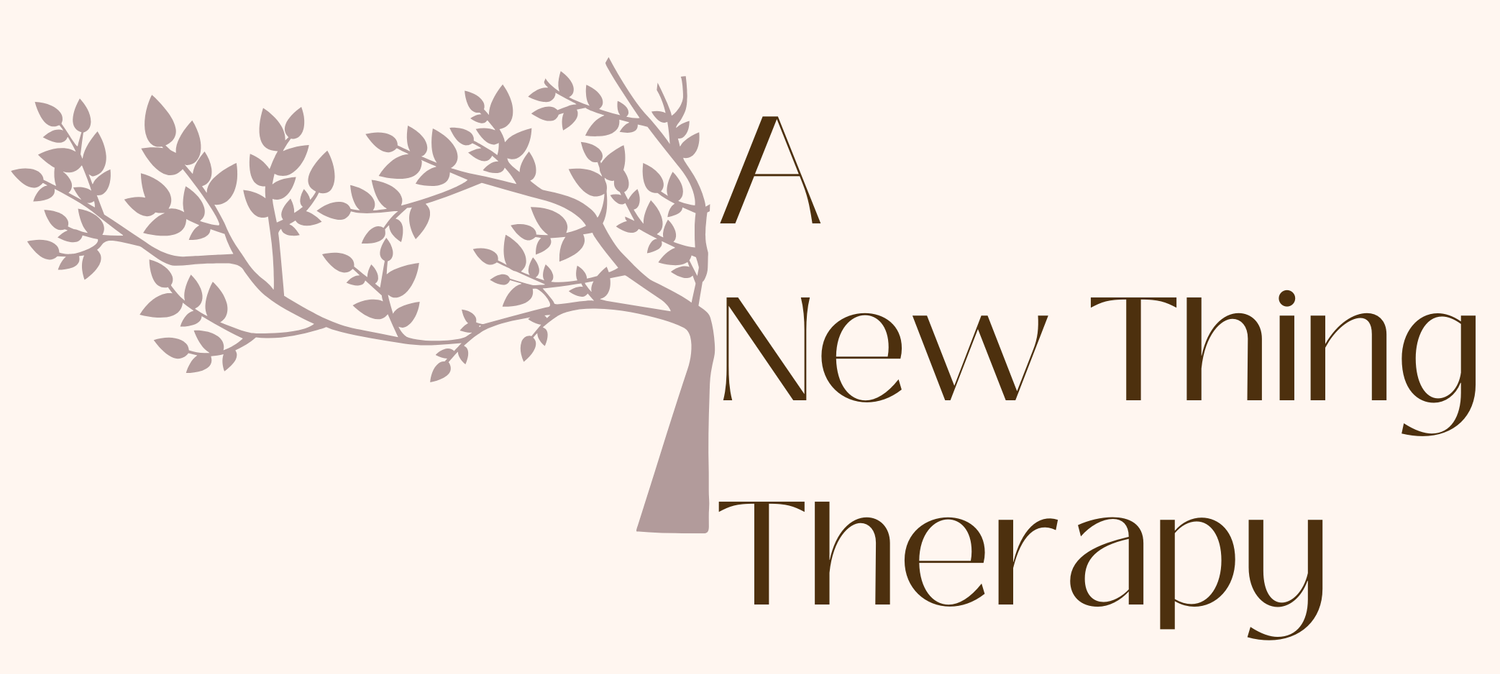Stop Guessing, Start Talking
Wouldn’t it be great if people could read our minds? Especially those closest to us! We often find ourselves hoping—maybe even expecting—that others will intuitively understand our thoughts, emotions, and needs without us having to say a word. We wish for that effortless connection where people just "get" us. How many times have you thought to yourself, “My parent should just know what I need,” or heard a partner say, “I shouldn’t have to ask you for help”?
Sure, there are moments when we can make educated guesses about what others want, but let’s be real: we’re not exactly mind readers, and our accuracy is far from perfect. So, why do we carry these heavy expectations and feel upset or resentful when others don’t meet them?
The Desire to Anticipate Needs
One reason we crave this kind of intuitive connection is that we genuinely want to make others happy. We often feel the need to please people as a way to keep the peace and maintain a sense of safety and closeness in our relationships. For some of us, mind-reading might even stem from having to adapt to unpredictable environments in our past. If we learned to anticipate others’ needs as a way of showing love and care, it’s only natural that we’d expect the same in return.
The Importance of Communication
But let’s consider this: if we were meant to simply anticipate needs perfectly, we wouldn’t need communication, a voice, or language at all! Without language, our ability to express our needs and build relationships would take a major hit. This lack of communication could lead to unmet needs and weakened emotional bonds.
Language is essential for sharing our thoughts, feelings, and vulnerabilities, creating that precious closeness and trust. Misunderstandings are already a common source of conflict in relationships, even when we can communicate clearly. Imagine how much worse it would be without words! We’d be left relying on guesswork, leading to frustration, resentment, and a breakdown in cooperation.
Language is also crucial for emotional regulation and expression. Without it, we’d struggle to fully articulate our emotions, which could result in feelings of isolation, anxiety, and stress. Sure, nonverbal cues like gestures and facial expressions can help, but they lack the nuance and precision that words offer.
Christian Perspective:
The only one who truly knows our needs before we even ask is God. Here are a few Bible verses that emphasize how God is aware of our every need and thought:
1. Psalm 139:1-4 (NIV)
"You have searched me, Lord, and you know me. You know when I sit and when I rise; you perceive my thoughts from afar. You discern my going out and my lying down; you are familiar with all my ways. Before a word is on my tongue you, Lord, know it completely."
2. Matthew 6:7-8 (NIV)
"And when you pray, do not keep on babbling like pagans, for they think they will be heard because of their many words. Do not be like them, for your Father knows what you need before you ask him."
So, if a perfect and all-knowing God still encourages us to communicate with Him constantly—calling us to “pray without ceasing,” to cry out to Him, and to ask, knowing that we shall receive—why does He do this if He already knows? It’s because He cares deeply, and communication is a vital part of building a close, relational bond with Him. He invites us to share the deepest parts of ourselves willingly.
Since we aren’t perfect beings, it’s even more essential that we invite others to share their needs and communicate our own openly and clearly in return.
Attachment theory underscores the importance of communication in creating secure emotional bonds. Without the ability to express ourselves, establishing secure attachments becomes much more challenging. This can lead to emotional insecurity and difficulty in forming stable, trusting relationships. Let’s let go of the desire to be flawless mind readers—or to expect others to be—and instead focus on the art of communicating our needs openly and clearly; this is where relationship transformation begins. If you would like to learn to better communicate your needs and listen more effectively to others, start your therapy journey today!
Additionally, take a look at the next blog, which delves deeper into what hinders us from communicating our needs and explores why we might resist this idea.
